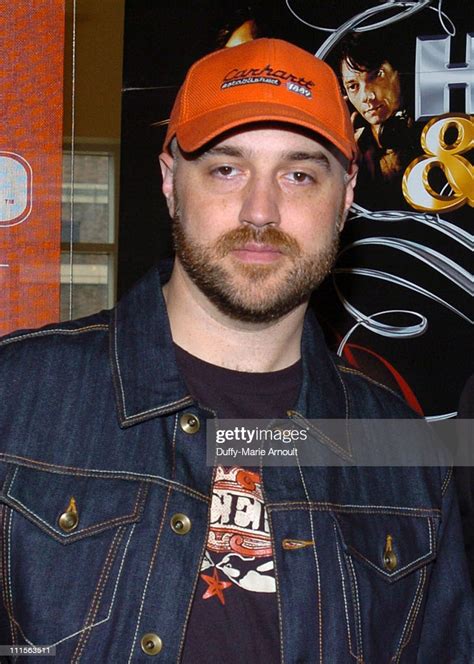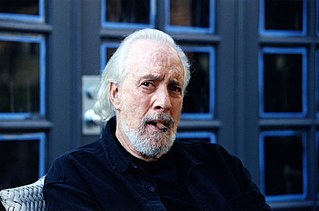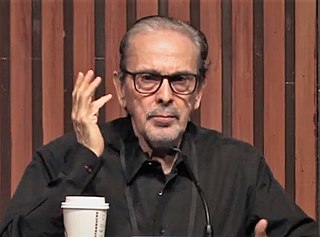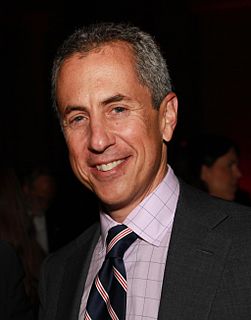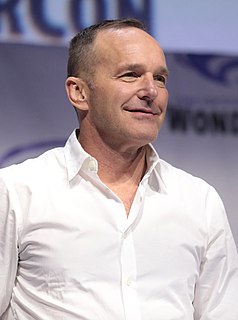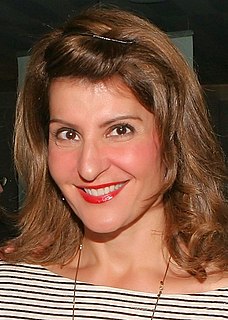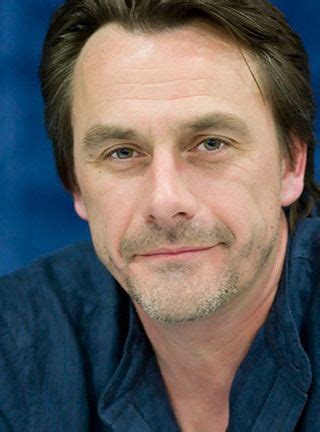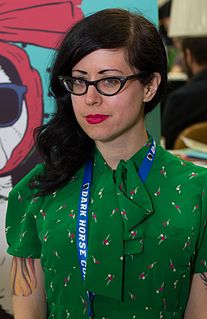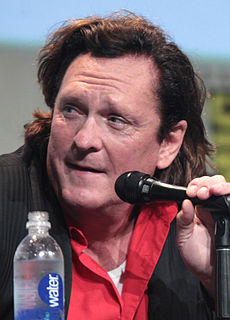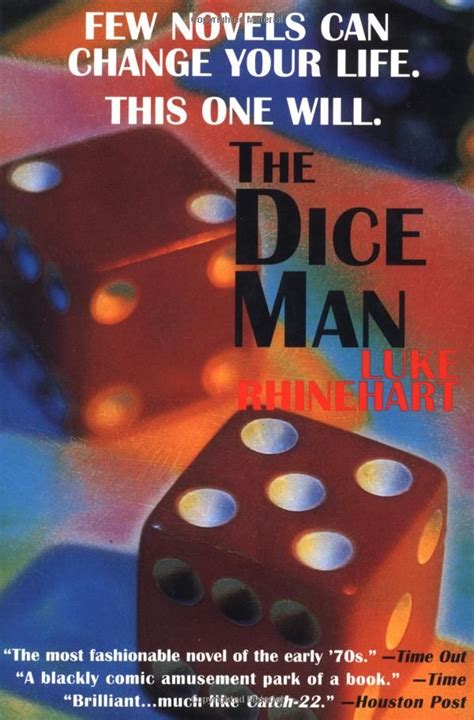Top 198 Screenplays Quotes & Sayings - Page 3
Explore popular Screenplays quotes.
Last updated on April 20, 2025.
I'm married to a nurse, and she is really, really ardent that - in screenplays or movies that I've worked on, that all the medical aspects be properly presented. I think that filmmakers ought to be respectful of all fields and not just be lazy and put nonsense in movies because most people won't know the difference.
I counted it up once. I think I have written 45 full screenplays. Of those, maybe 15 have been shot, in some form. That's a pretty good track record, but it's not 100%. It is frustrating that, as a screenwriter, I've seen all those movies and they don't exist in the real world. They're juts inside my head and on those pages.
Films are born from screenplays and they are guided by words. They are born very limited and there is no space for real creation: graphic creation, pictorial creation, or audiovisual creation. If we really want to use the art of animation with all its strength, we have to rethink the processes by which it's made because the medium is the message.
Every year I hear people complain that the quality of screenplays and movies is declining. In my opinion, the vast majority of scripts written - as well as most movies that are released - are not very original, well-written, or interesting. It has always been that way, and I think it always will be.
What makes screenplays difficult are the things that require the most discipline and care and are just not seen by most people. I'm talking about movement - screenwriting is related to math and music, and if you zig here, you know you have to zag there. It's like the descriptions for a piece of music - you go fast or slow or with feeling. It's the same.
I think it started to feel like home when I stopped maintaining any pretense that I was ever going to be in the movie business. I went there like many writers - I had a screenplay deal and I would go to these meetings and it was the typical thing. And I hated it. I was not interested in writing screenplays, actually. But I kept feeling like that was what I was supposed to do. It was just this horrible cognitive dissonance.
I don't generate a storyline and then fill it out in the course of writing. The story actually generates in the course of the writing. It's one of the reasons I've never been comfortable doing screenplays, because in order to get the contract for the screenplay, you have to sit down and tell them what's going to happen.
. . I have written a couple of screenplays for studios, and each time has been less gratifying than the last. In my experience, they want no real representations of homosexuality, they want no complexity, they are terrified of ambiguity and unanswered questions - they don't know what they want, except that they want to make lots of money. The only freedom I've ever had as an artist has been in the theatre.
I've started movies without screenplays both on 'Clash' and on 'Hulk,' and that is tremendously stressful because you have a tendency to overcompensate with effects. You haven't tested it in your head. You didn't run it over and over again and covered all of the plot holes and figure it out. It's a marathon that you sprint.
When I moved to Los Angeles, I wrote spec screenplays. I was really poor, and I thought I was just gonna do this for a while to make a little money so I could write novels. I thought movies were a second-class art form. I condescended to it - I didn't know enough to know it was really gonna be hard.
Sometimes you get involved in a film because you just love making movies and you want to keep working. Sometimes you're lucky enough to find something that you really care about. Therefore, now I'm emphasizing developing my own projects and writing my own screenplays, so that I can do exactly what I like to do.
I've had a real lucky time working in Hollywood. I've talked to other screenwriters, and they're all kind of beaten down and their spirits are crushed, because they work on these screenplays and these projects, and then directors either take them and change everything, rewrite them and make them worse, or they film them and they're nothing like how they imagined it to be.
Being known as a writer did change the relationships I had with directors. The rap on actors is that they always want to inflate their parts. But when directors know you write screenplays and have a different view of things, you really get invited into the huddle in a much fuller way. And those collaborations end in friendships.
When I was in advertising, I did a great deal of work on television commercials. A co-worker and I wrote a screenplay, which led to a few more screenplays, and some were optioned by production companies. I was advised to move to California but didn't want to make the move. I decided to use another form of storytelling, so I wrote a novel.
My cure for writer's block is to step away from the thing I'm stuck on, usually a novel, and write something totally different. Besides fiction, I write poetry, screenplays, essays and journalism. It's usually not the writing itself that I'm stuck on, but thing I'm trying to write. So I often have four or five things going at once.
My first book, about Ruby Ridge, was made into a miniseries on CBS in 1996, and since then, I've dabbled in Hollywood, pitched a few things, sold a couple of screenplays and a pilot that I wrote with a buddy from Spokane, flirted with seeing 'Citizen Vince' as a film, and most recently, adapted 'The Financial Lives of the Poets' as a script.
Writing screenplays is very freeing from what you can do in comics in a lot of ways. You can change things around. I can take great delight in writing 40 pages, then just pressing delete and getting rid of it and not thinking about it ever again. Whereas in comics, if I had put that kind of effort into it, I couldn't go on.
A lot of young artists in particular think you can just do one great thing and then sit back and collect checks. Most artists, even people like Dan Clowes, who's one of my heroes, don't just do comics. He does paid illustration. He writes screenplays, and so forth, working and selling lots of different things.
Maybe I was just born in the wrong era, man. I'm a bit of a throwback to the days of black and white movies. Those guys back then, they had a certain kind of directness about them. A lot of the screenplays, the plots were very simplistic - they gave rise to a type of anti-hero that maybe I suit better.












